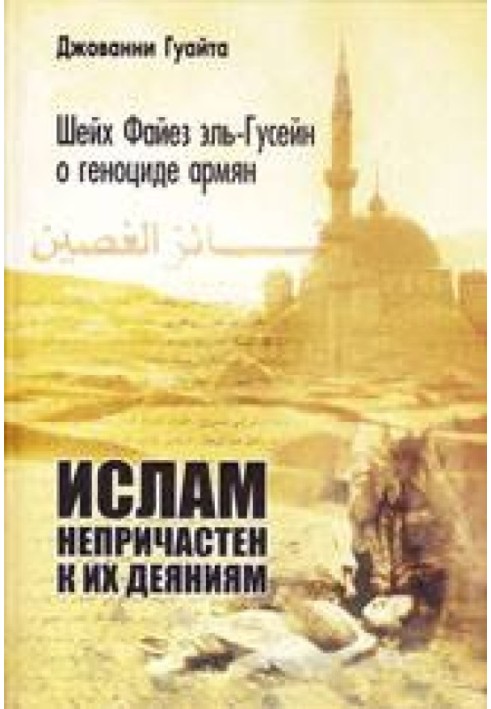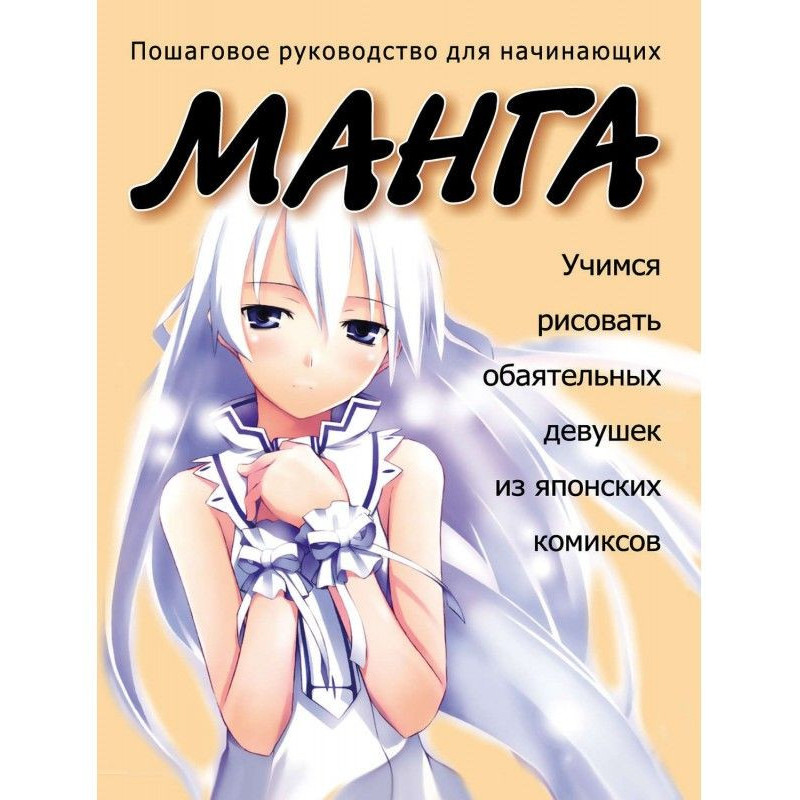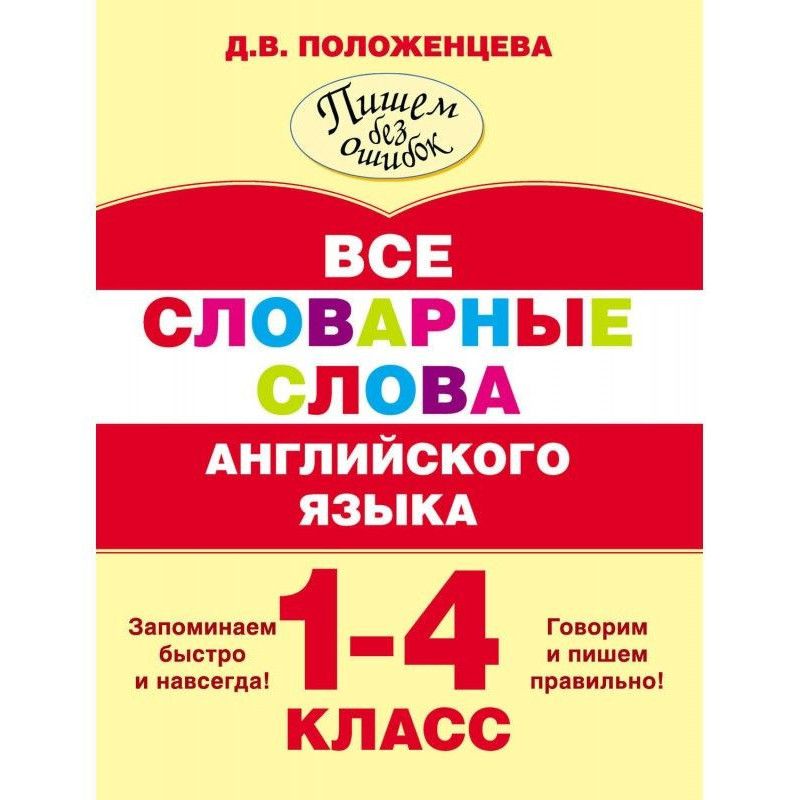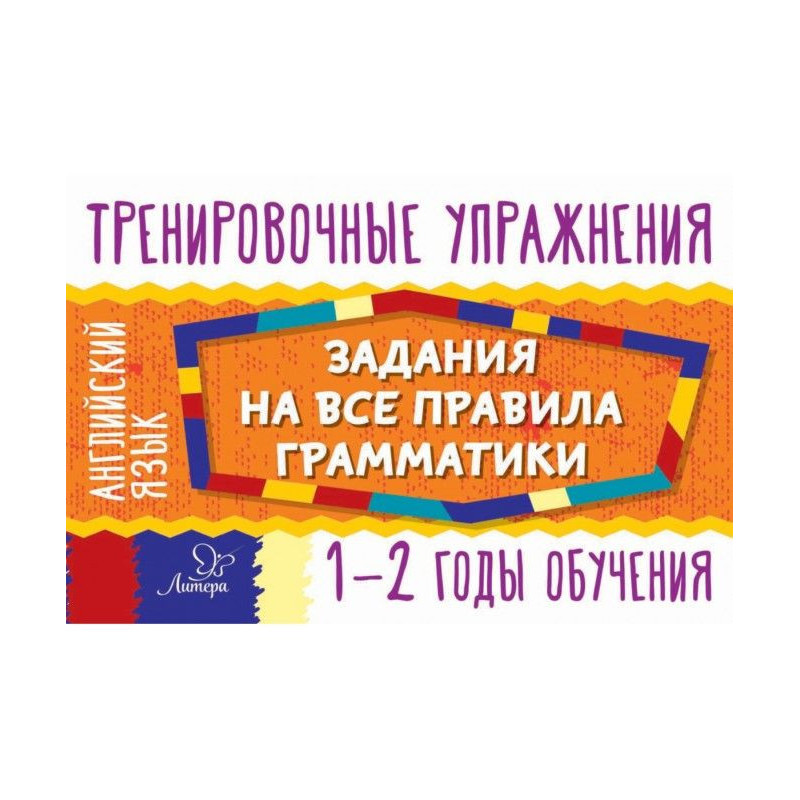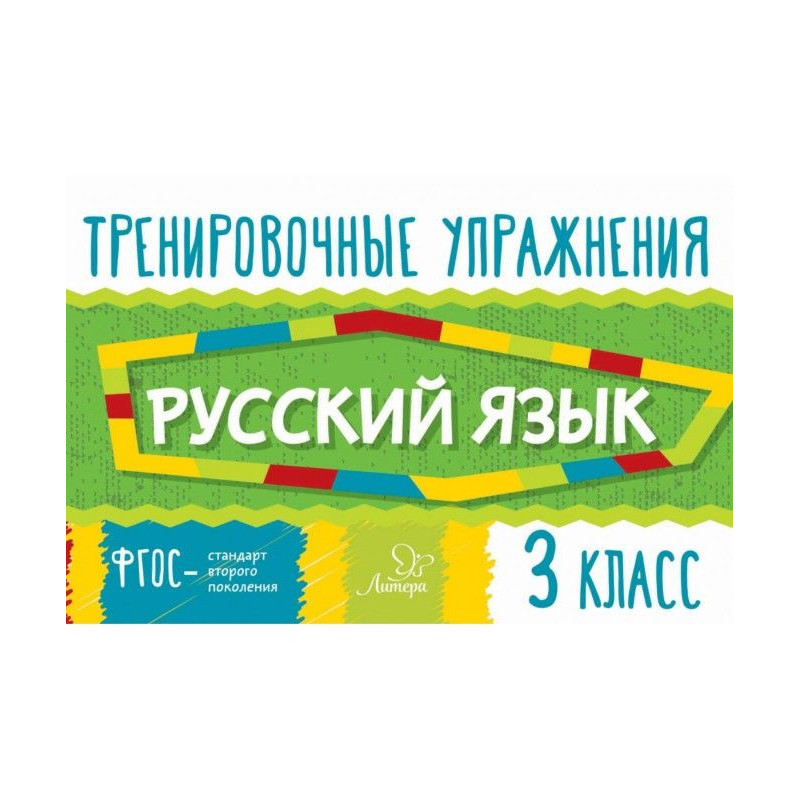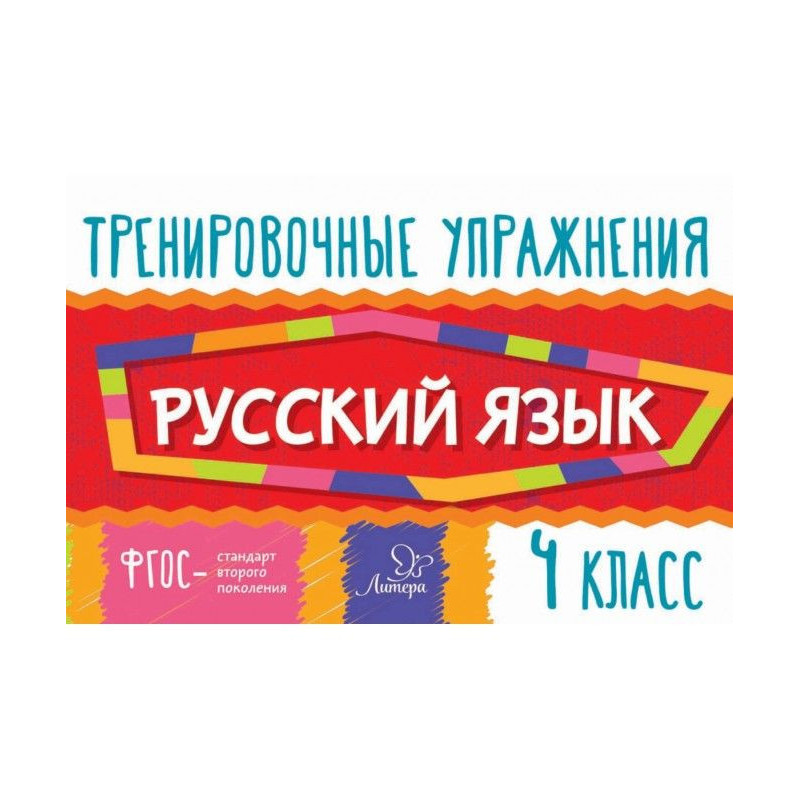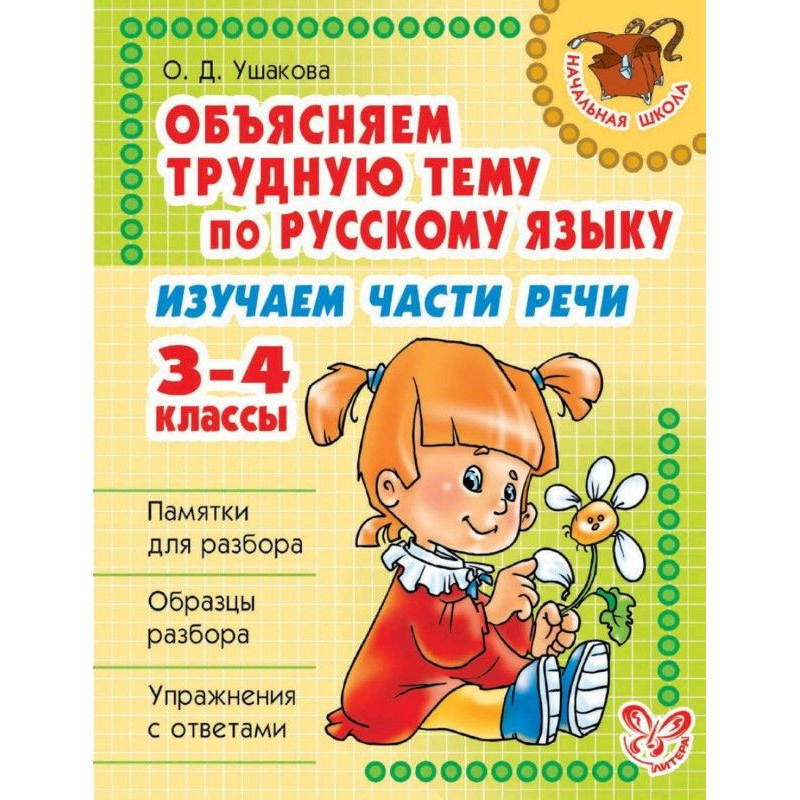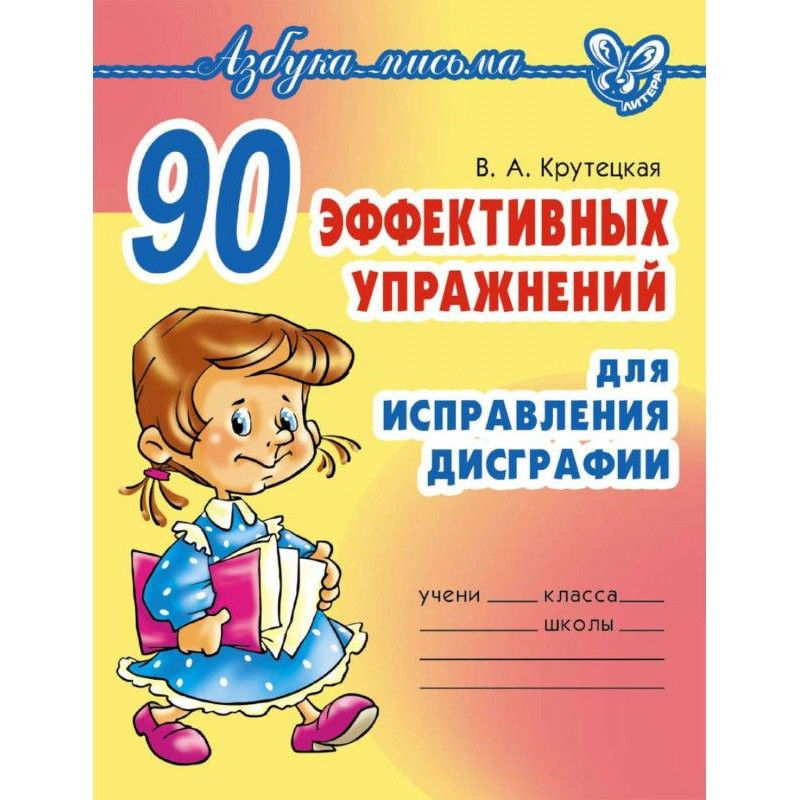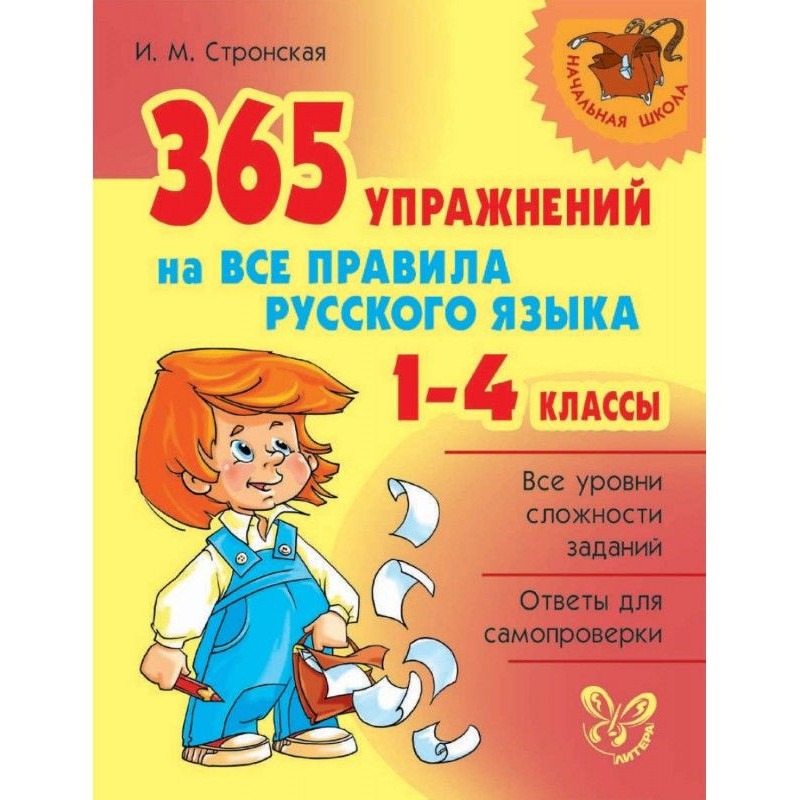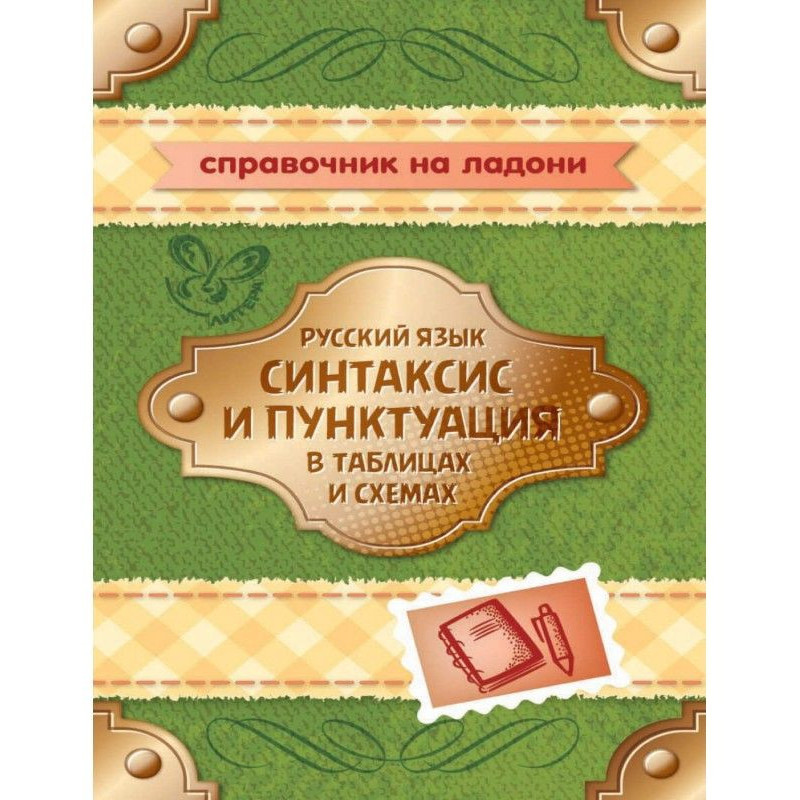Sheikh Fayez el-Hussein on the Armenian genocide: “Islam is not involved in their deeds!”
 Instant download
Instant download
after payment (24/7)
 Wide range of formats
Wide range of formats
(for all gadgets)
 Full book
Full book
(including for Apple and Android)
The book “Massacre in Armenia” published in Russian for the first time was written by a Bedouin, an Arab from Syria, Fayez el-Husein. An eyewitness to the Armenian genocide during the First World War in the Ottoman Empire, Fayez el-Hussein wrote down his memories in 1916, when the details of the tragedy he saw were still fresh in his memory. As a humanist, he considered it his civic duty to testify for history. But first of all, as a deeply religious Muslim, he wanted to defend “the Islamic faith from possible accusations of fanaticism from Europeans” and show that the atheistic government of the Young Turks was responsible for the crimes committed. The publication contains an extensive introduction by J. Guaita, as well as his study of the historicity of Fayez’s work el-Husein. In addition, it is equipped with a large scientific and historical apparatus that helps the reader in a deeper perception of el-Hussein’s text. The book contains numerous photographs. The proposed book is of great interest to those who study the history of the Middle East and, in particular, Armenia during the First World War.
Data sheet
- Name of the Author
- Джованни Гуайта
- Language
- Russian
- Translator
- Анна Рыжевская
Муса Алель
Reviews
Важливий свідок історії
Книга Файеза ель-Гусейна «Різня у Вірменії» є неймовірно важливим свідченням подій, які відбулися під час Першої світової війни. Як очевидцю геноциду вірмен, йому вдалося зафіксувати жахливі факти та деталі, які, на жаль, залишаються актуальними і до сьогодні. Його спогади не лише відкривають завісу над трагедією, але й підкреслюють, що іслам не має нічого спільного з насильством, яке вчинили младотурки. Книга також містить науково-історичний апарат, що робить її цінним ресурсом для дослідників та тих, хто цікавиться історією Близького Сходу. Фотографії, що супроводжують текст, додають емоційної глибини та реалістичності. Я вважаю, що ця книга повинна бути прочитана кожним, хто хоче зрозуміти не лише минуле, але й сучасні виклики, пов'язані з пам'яттю про геноцид. Вона закликає до роздумів і нагадує про важливість пам'яті в боротьбі проти ненависті та фанатизму.

